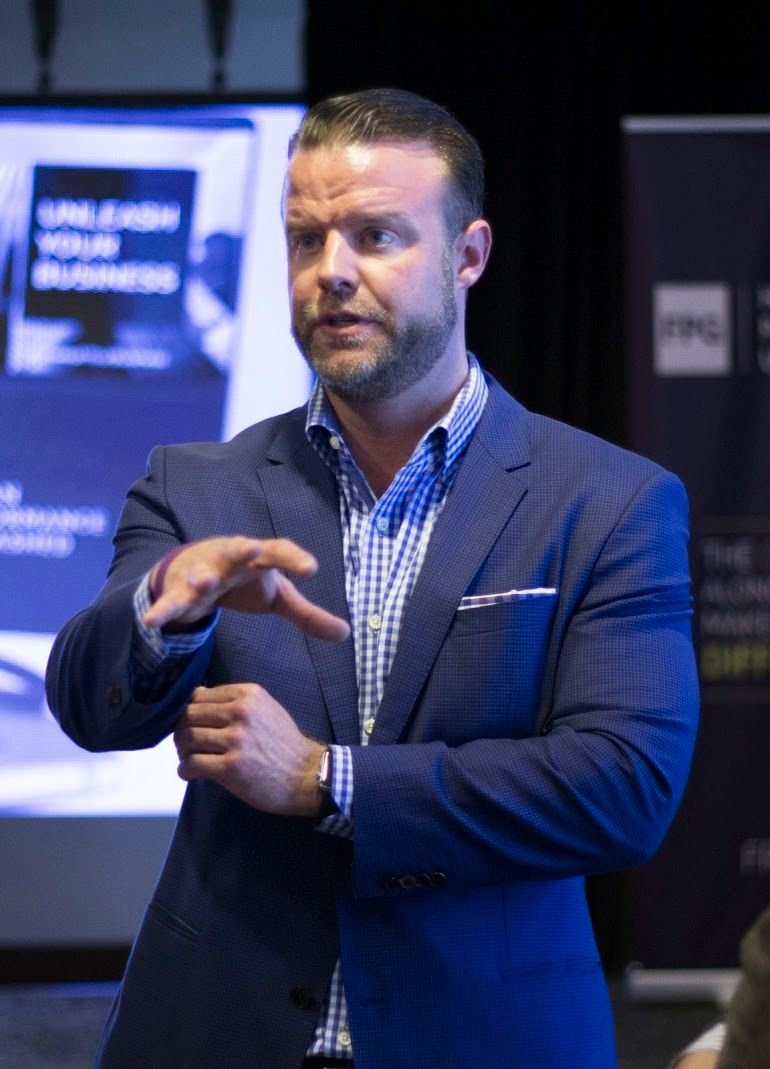3 ways to close the gap between the sales department and everyone else
If you administered truth serum to every company employee (aside from salespeople) and then asked them to describe the sales department, you’d likely hear words like “pushy,” “high maintenance,” “lazy” and “a bunch of prima donnas.” There’s often a clear disconnect between other departments and sales teams. This is primarily the result of a lack of understanding and it’s very damaging to company culture — leading to contagious toxicity, resentment and even animosity.
Below are three ways to close the gap between the sales department and everyone else:
1. Change your mind.
Culture starts at the top. Leaders who view their sales team as a necessary evil aren’t setting their companies up to succeed. The leader of a business must take ownership for all facets of the business and that means leading the way in ensuring that sales and all other departments are really working together to accomplish the company’s goals.
2. Change your language.
Words matter. They have power over your culture. Every time you hear yourself or anyone else use the language above, push back. Make it unacceptable to refer to salespeople as high maintenance or pushy. If the company culture accepts disrespectful language and attitudes toward any department, the whole company suffers. Instead, set the example by celebrating the attributes that make salespeople successful (there passion and enthusiasm, for example). Remind yourself and every department that the whole business rides on sales. You have to sell product or services in order to exist. Make sure every department understands this.
3. Promote personal ownership.
Growing up, my dad never let me blame anyone or anything. He said, “When you point a finger at someone else, there are three fingers pointing back at you!” Adopting a mindset of total ownership is crucial to succeeding, no matter the market conditions. Adopt this mindset as a leader and then require it from your employees. People’s reactions to falling short demonstrate whether they blame others or take personal responsibility. Looking first at our own behaviors and mindsets demonstrates personal accountability, while blaming circumstances demonstrates a victim mindset. A finger-pointing culture will see each department as its enemy rather than another member on the same team.
If you take the simple actions above, you will change your culture, which in turn changes your business. Social influence is a powerful thing — whether for good or for evil. As a big believer in positivity, I’d like to see it used for good — promoting a team-oriented culture of positive attitudes.
Being A Successful Sales Leader Isn’t About Knowing How To Sell.
It’s About Being A Great Coach.
At FPG, we know the struggles organizations and sales teams face under ill-equipped leaders. Organizations depend on the revenue sales generates to ensure the entire company’s success. And if they fail, everyone fails.
FPG’s Sales Leadership Mastery 12-Month program is designed to bring real change to sales leaders and deliver serious results for your organization. Contact us today!

Jason Forrest
Jason Forrest has disrupted the sales training industry by creating the first training program that changes behavior. This is done through 1) teaching tactical real-world processes; 2) the language of persuasion, 3) removing the mental leashes that hold people back, and 4) through a program-based training approach. This philosophy is what led his Warrior Selling® and Leadership Sales Coaching programs to be ranked in the top 2 of the World’s Top Sales Development Programs, by Global Gurus. His provocative style of speaking his truth ranks him at number 5 on the Global Sales Guru list.
Jason is a Master Practitioner in Neuro-Linguistic Programming, the science of influence and behavioral change. He is also a Practitioner in Accelerated Evolution, the psychology of removing fear in high performers.










